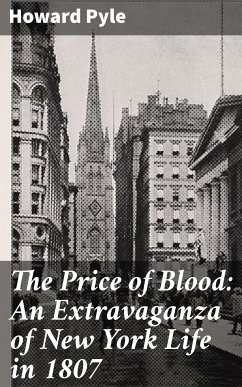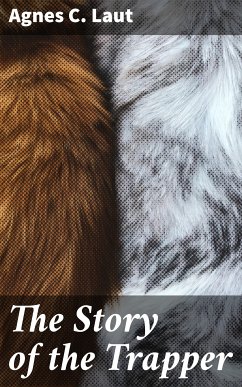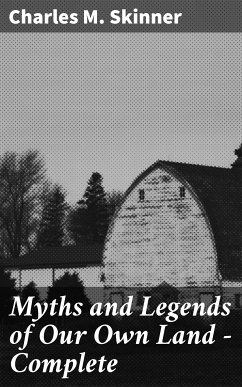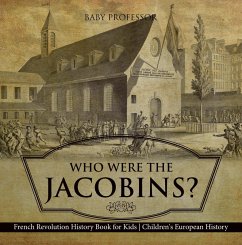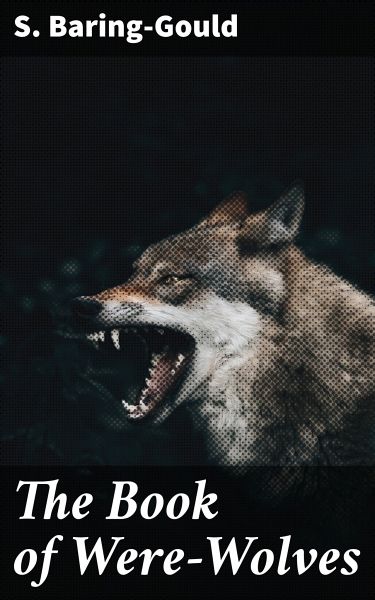
The Book of Were-Wolves (eBook, ePUB)
Enriched edition. Exploring the Origins and Evolution of Werewolf Myths
Kommentar: Whitmore, Gwendolyn / Redaktion: Good Press
Versandkostenfrei!
Sofort per Download lieferbar
1,99 €
inkl. MwSt.
Weitere Ausgaben:

PAYBACK Punkte
0 °P sammeln!
In 'The Book of Were-Wolves,' S. Baring-Gould meticulously explores the folklore and historical accounts surrounding lycanthropy, presenting a comprehensive study steeped in both narrative richness and folkloric authenticity. His literary style melds scholarly rigor with a captivating storytelling approach, drawing upon a myriad of sources ranging from ancient texts to contemporary observations. The book delves into the psychological and sociocultural implications of werewolf myths, situating these narratives within the broader context of Victorian fascination with the macabre and the supernat...
In 'The Book of Were-Wolves,' S. Baring-Gould meticulously explores the folklore and historical accounts surrounding lycanthropy, presenting a comprehensive study steeped in both narrative richness and folkloric authenticity. His literary style melds scholarly rigor with a captivating storytelling approach, drawing upon a myriad of sources ranging from ancient texts to contemporary observations. The book delves into the psychological and sociocultural implications of werewolf myths, situating these narratives within the broader context of Victorian fascination with the macabre and the supernatural. Baring-Gould, a multifaceted Victorian author and theologian, was deeply influenced by his interest in folklore and the rural life of Britain. His extensive travels and research formed a foundation for understanding the complexities of regional myths, including the varied legends of werewolves across Europe. This breadth of knowledge not only informs the text but also reflects Baring-Gould's commitment to preserving cultural narratives influenced by time-honored traditions. I highly recommend 'The Book of Were-Wolves' to anyone intrigued by folklore, mythology, and the intersection of literature and the supernatural. Baring-Gould's insightful reflections and profound understanding of human fears and fantasies will resonate with both literature enthusiasts and those curious about the enduring legacy of werewolf legends. In this enriched edition, we have carefully created added value for your reading experience: - A succinct Introduction situates the work's timeless appeal and themes. - The Synopsis outlines the central plot, highlighting key developments without spoiling critical twists. - A detailed Historical Context immerses you in the era's events and influences that shaped the writing. - A thorough Analysis dissects symbols, motifs, and character arcs to unearth underlying meanings. - Reflection questions prompt you to engage personally with the work's messages, connecting them to modern life. - Hand-picked Memorable Quotes shine a spotlight on moments of literary brilliance. - Interactive footnotes clarify unusual references, historical allusions, and archaic phrases for an effortless, more informed read.
Dieser Download kann aus rechtlichen Gründen nur mit Rechnungsadresse in A, B, BG, CY, CZ, D, DK, EW, E, FIN, F, GR, H, IRL, I, LT, L, LR, M, NL, PL, P, R, S, SLO, SK ausgeliefert werden.







